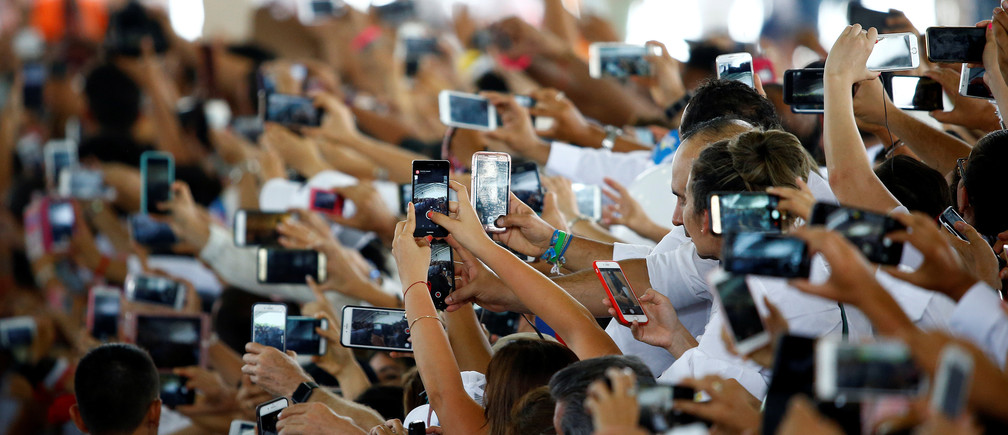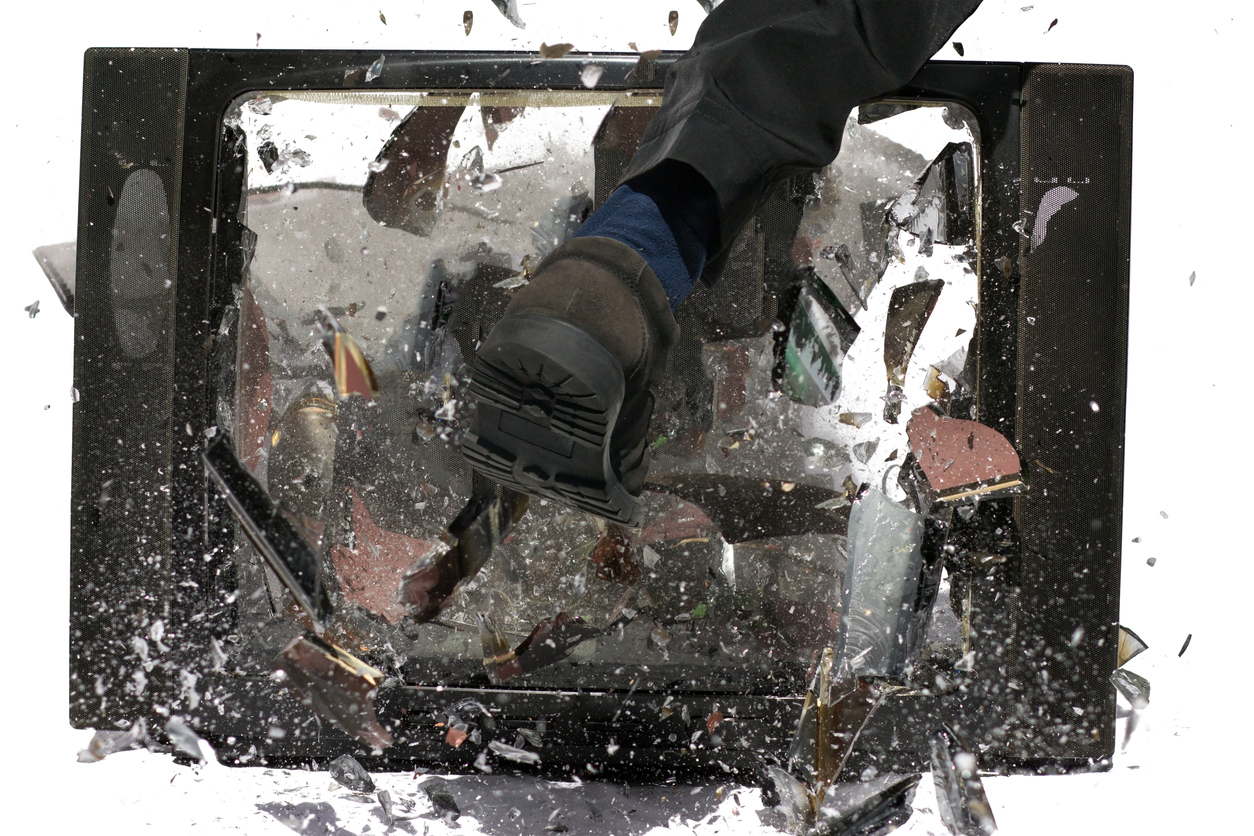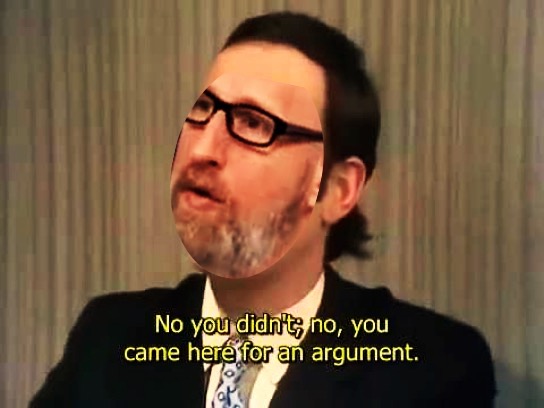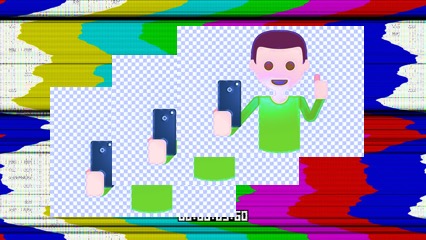Democracy and despotism in a digital age.
The Ukrainian Tragedy
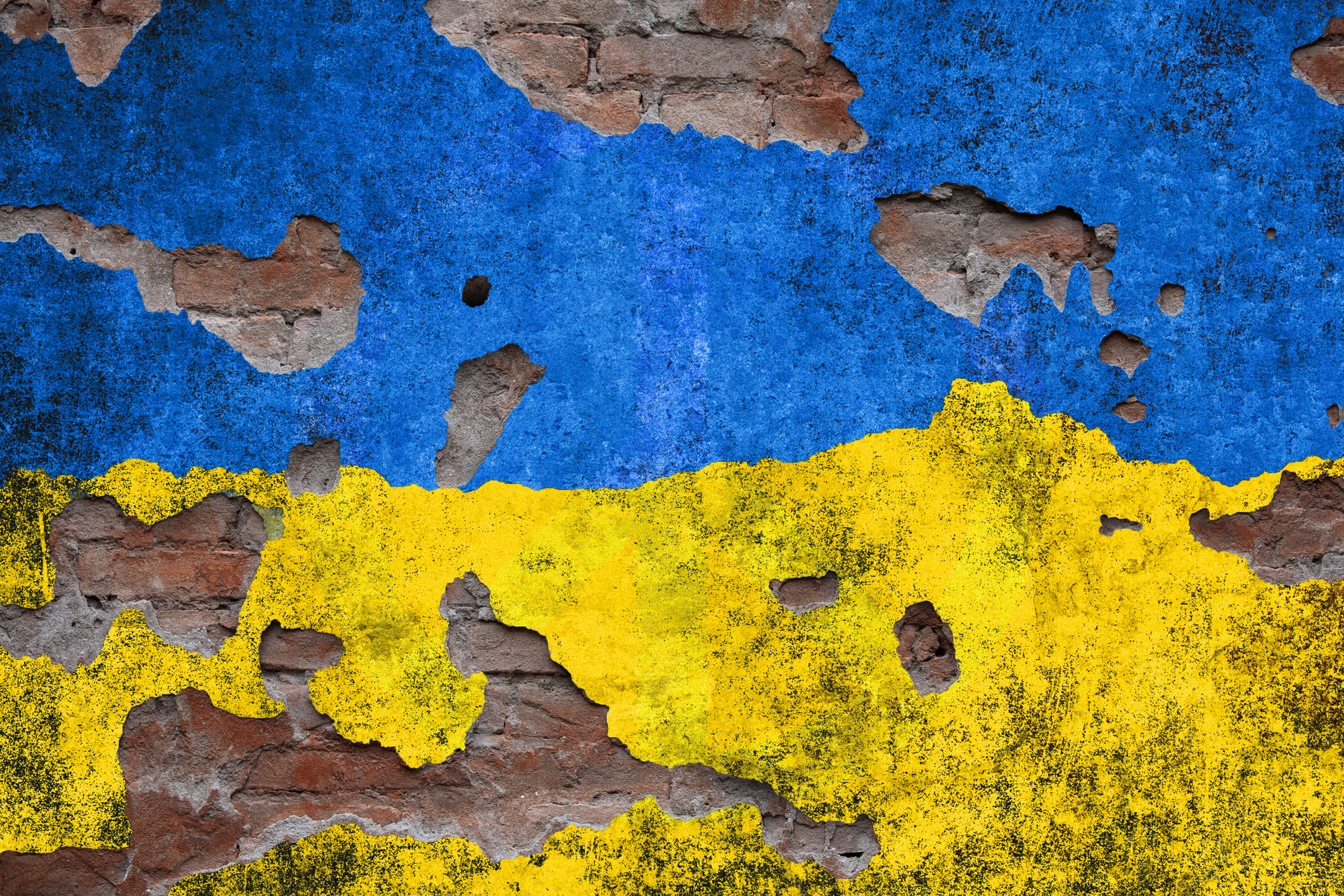
Moralism, utopianism, and denunciations of all things Russian are not the answer in the present fight.
Those of us who are attentive to the lessons of the past will remember that the architects of the second Gulf War, the two-part crusade to overthrow Saddam Hussein’s nefarious despotism and bring the blessings of democracy to the Arab Islamic Middle East, only belatedly discovered the fact that the divide between Sunnis and Shiites and the persistence of deep tribal cleavages were the fundamental realities we inherited in a newly “liberated” Iraq. Armchair theorists had spoken of an Iraqi middle class yearning for civic freedom, and of a reformed Islam waiting to find expression in “Islamic democracy,” something spiritually akin to the Christian Democratic parties that were so influential in Western Europe in the two-and-a-half decades after World War II. One read article after article of this type in Bill Kristol’s Weekly Standard. Even Stanley Kurtz, who was very cognizant of the tribal character of Iraqi society, did not think it would prove to be an insurmountable obstacle. But these visionary hopes, marked by ignorance of the facts on the ground and the democratic triumphalism—the “End of History”—that dominated Western thought after the collapse of Communism, proved to be catastrophic illusions.
Turning to the Russo-Ukrainian War that has raged since February 23, 2022, the same mix of historical ignorance and utopian expectations has clouded the Western response to the Russian invasion of the Ukraine. But this time, there has yet to be an acknowledgement of the most relevant fact on the ground, namely the deep divide in Ukraine between the Galician Party, rooted in the west of the country and now dominant in Kiev, which is committed to expunging any Russian cultural and spiritual presence in Ukraine, and the Muscovite Party, which sees Russia and Ukraine not as enemies but as spiritual, if not exactly political, brothers.
Since the Maidan Revolution of 2014, secretly encouraged and strongly supported by the United States, the Galician Party has been triumphant, encouraging the comprehensive de-Russification of Ukraine, even if Ukrainians are Orthodox Christians and the majority of them speak Russian at home. Fourteen thousand Russophone Ukrainians were killed in “anti-terrorist” campaigns in the east of the country after the Russian seizure of Crimea in 2014 (which had been arbitrarily zoned to Ukraine by then-Soviet premier Nikita Khrushchev in 1954 at a time when intra-Soviet Union “borders” did not really matter). There was brutality on the “separatist” side, too. Compounding matters, the new Ukrainian government made no serious effort to implement the Minsk II agreements of 2015. These would have given language rights and some cultural autonomy to the Donbas (and other Russian-oriented regions in the east of the country) and might have helped defuse the situation.
The mainstream narrative passes over all of this in silence, or near silence, when its purveyors talk about the sources of the present conflict. The truth, however, is much more complicated. As Nicolai Petro lays out with impressive equanimity in his recent book The Tragedy of Ukraine, the Galician Party has its roots in the nationalist ideology of the Organization of Ukrainian Nationalists (OUN). This underground organization formed the basis of Stepan Bandera’s anti-Soviet resistance movement during and after World War II. One is obliged to have some sympathy for the Banderites, who were caught between the conflicting evils of Nazi and Communist totalitarianism. However, as Petro demonstrates, that movement advocated what its chief ideologue called “Ukrainian spiritual totalitarianism.” It hated Russia far more passionately than it opposed Communism. The Russian government’s constant claim about Ukraine being a nation of Nazis is crude and hyperbolic. But important currents of Ukrainian nationalism then and now continue to have unsavory political views and connections. Groups such as the Svoboda Party and the Azov Battalion (major actors behind the 2014 Maidan rebellion) are hardly fighting for “liberal,” “democratic,” and “European” values as our political and media elites endlessly repeat. While a liberal, or at least a moderate, current is present among Ukrainian nationalists, it is far from dominant. To say that “Ukraine is fighting for democracy” is far from the truth on the ground.
As for Russia, to draw on a famous remark by Talleyrand, its invasion of Ukraine was “worse than a crime, it’s a mistake.” This point has been made brilliantly in a series of essays by the foreign policy analyst Srdja Trifkovic in Chronicles Magazine. Trifkovic is not insensitive to Moscow’s legitimate grievances, including reckless efforts to expand NATO to include Ukraine, which run counter to the deep historical and cultural connections between Russia and Ukraine, not to mention Russia’a legitimate security interests in that part of the world. But as Trifkovic points out, if Russia’s goal remains the “demilitarization” of Ukraine, the invasion has hardly served that purpose. Quite the contrary. Indeed, as Christopher Caldwell has pointed out in the pages of the Claremont Review of Books, Ukraine, with massive NATO support, is the most militarized society on earth. That process had already begun after the Maidan Revolution and the Russian seizure of Crimea. The United States was the principal architect of this policy of massive militarization in response to the allegedly global threat of Russian “imperialism.” Here was what could call a “self-fulfilling analysis.”
Richard Pipes, the famed historian of Russia, was hardly reticent about his disdain for Russian political culture, which he associated quite one-sidedly with antisemitism and “patrimonial despotism.” But in a conversation with me at a conference on the Cold War at Hillsdale College in the fall of 2009, he proclaimed his vehement opposition to NATO expansion to include Ukraine and Georgia. Even the most liberal-minded and pro-Western Russians, he suggested, would find such a move threatening and destabilizing, an “existential threat” to the Russian nation, just as Americans would be alarmed by Russian troops in Canada or Mexico. But in the 14 years since Pipes made those remarks, the ability of the Western political class to look at things even provisionally from the Russian perspective—a sine qua non of geostrategic thinking—has nearly disappeared.
In fact, our response to Russia’s invasion of Ukraine has been accompanied by little or no soul-searching about our own significant role in the unfolding of the tragedy. Instead, we are subjected to endless moralistic effusions about Russian perfidy and the purity of the Ukrainian cause. In his fine recent book, The Road to Ukraine: How the West Lost Its Way (please note the subtitle), the eminent sociologist Frank Furedi suggests that Western elites were so committed to “endism” (the “End of History,” facile humanitarianism, the end of war especially for the European avant-garde of humanity) that they could only see this essentially regional conflict, borne of conflicting interests and borders, as a massive assault on the post-political ethos of Western elites. Add to this dogmatic identification of Russia with the Soviet Union in many establishment conservative circles, and the Left’s disdain for the social conservatism of the Russian people, and the ground is set for angry moralism as a substitute for principled but realistic judgment in approaching relations with post-Communist Russia.
There are consequences for these precipitous moralistic judgments. The indefinite continuation of the conflict in Ukraine risks leaving that country as a charnel house, a victim of Western moralism as much as Russian aggression. In Russia itself, the regime has hardened with draconian (and ultimately counterproductive) punishments for open opposition to the war, and a growing fixation with “Nazi” efforts to surround and subvert historic Russia. The rhetoric of Russia’s ruling political class has grown more brutal and crass.
Contrary to legend, Putin has never been particularly nostalgic for Bolshevism. He strongly supported the teaching of Aleksandr Solzhenitsyn in Russian high schools. But in February, a leader of Putin’s United Russia Party in the Duma called for eliminating “garbage” such as The Gulag Archipelago from the school curriculum, surely an ominous sign. Thankfully, other members of the ruling party strongly responded to this crude assault on Russian national memory and the greatest anti-totalitarian masterpiece of our time. For the time being, Solzhenitsyn remains in the school curriculum. But there is no doubt that Russia is moving in the wrong direction, in part because of Western imprudence and also because of the ossification of a political order that lacks sufficient civic openness and vitality.
In truth, Solzhenitsyn represents a fundamental example for the future of a decent Russia: an unwavering defense of conscience and human dignity, an adamant refusal to conflate the best of historic Russia with crude authoritarianism or soul-destroying totalitarianism, a humane, moderate, and self-limiting nationalism or patriotism, and a desire for equitable dealings between Russia and Ukraine. Extreme Ukrainian nationalists hated him and all things Russian. But he never reciprocated such hatred.
In the third volume of The Gulag Archipelago, the great Russian writer lambasted his fellow Russians for turning a blind eye to legitimate Ukrainian grievances over the centuries. He believed Ukraine should be free to go its own way but not with unjust “Leninist” borders left over from the Soviet period. In Rebuilding Russia, Solzhenitsyn eloquently reminded his Ukrainian interlocutors that both the Ukrainian and Russian peoples were victims of an inhuman ideology built on the twin foundation of violence and mendacity. Famine, terror, and collectivization afflicted both great peoples, even if Ukrainians suffered particularly cruelly in 1932 and 1933. Shared opposition to totalitarianism ought to shape and deepen common bonds built in suffering and a shared defense of human dignity. Like most Russians, Solzhenitsyn opposed indefinite NATO expansion (he died in 2008). But half-Russian and half-Ukrainian himself, he once wrote that “If, God forbid, there is war between Russia and Ukraine, I will have nothing to do with it, nor will I permit my sons to join.” Solzhenitsyn is a living reproach to the extreme nationalists on both sides: his repeated calls for “repentance and self-limitation” can perhaps challenge and modify the thinking of frenzied partisans.
We in the United States (and the West more broadly) must not associate legitimate opposition to the Russian invasion of Ukraine with enduring animosity to all things Russian or support for the exclusion of Russia from the community of nations. That is neither just nor in our national interest. Moreover, serious investigation and reflection upon our own culpability in the tragedy is necessary if we are not to give rise to a dangerous and eventually tragic escalation of enmity and conflict between East and West. That is a much-needed first step in avoiding a fatal fall into the abyss.
The American Mind presents a range of perspectives. Views are writers’ own and do not necessarily represent those of The Claremont Institute.
The American Mind is a publication of the Claremont Institute, a non-profit 501(c)(3) organization, dedicated to restoring the principles of the American Founding to their rightful, preeminent authority in our national life. Interested in supporting our work? Gifts to the Claremont Institute are tax-deductible.

